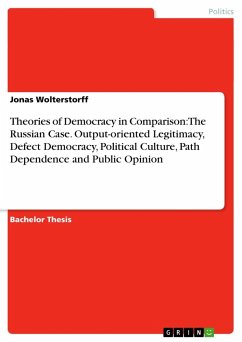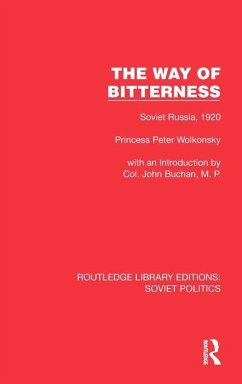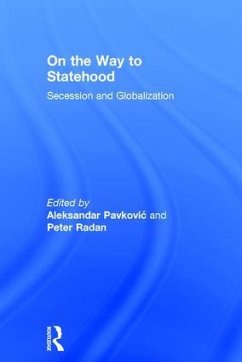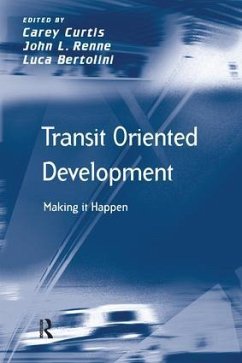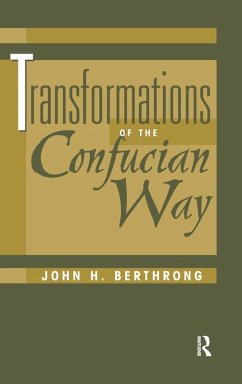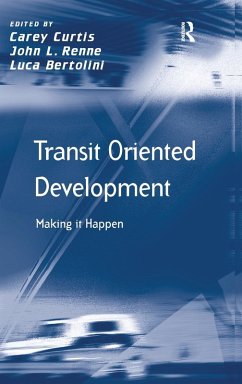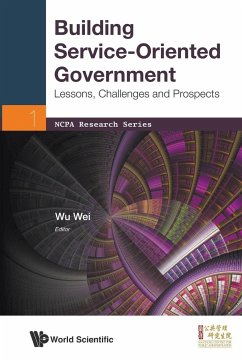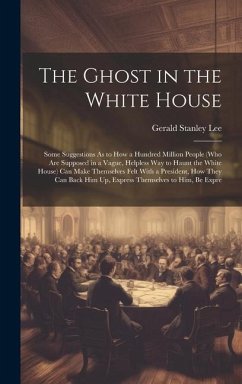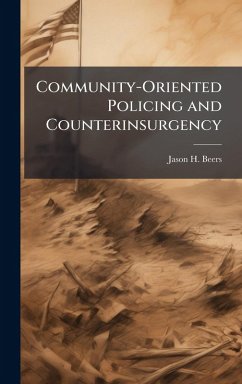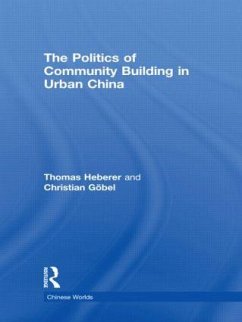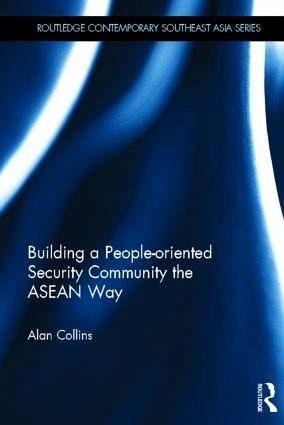
Building a People-Oriented Security Community the ASEAN way
Versandkostenfrei!
Versandfertig in 1-2 Wochen
176,99 €
inkl. MwSt.
Weitere Ausgaben:

PAYBACK Punkte
88 °P sammeln!
The book is concerned with ASEANa (TM)s declared intention to create a security community that is people-oriented. The hypothesis is that in order for ASEAN to establish such a security community in Southeast Asia it is necessary for non-state actors to become part of the process. These non-state actors, captured in the broad umbrella term of civil society organisations (CSOs), play a critical role in both facilitating a process of social learning and providing specific expertise in various issue areas ASEAN has identified in its ASEAN Political-Security Community (APSC) and the ASEAN Socio-Cultural Community (ASCC) blueprints. The need for plurality in the community building process has been recognised by ASEAN and rhetorically is captured in the notion of ASEAN being people-oriented. What this means, and how ASEAN engages with "the people," will give important insights into what type of community ASEAN is building and for our understanding of security communities more broadly.
ASEAN has declared its intention to create a security community in Southeast Asia that is people-orientated. This book evaluates ASEAN's progress, and in doing so examines three matters of concern. The book firstly looks at the importance of constitutive norms to the workings of security communities, by identifying ASEAN's constitutive norms and the extent to which they act as a help of hindrance in establishing a security community. It then moves on to how ASEAN has interpreted people-orientated as empowering civil society organisations to be community stakeholders. The book discusses the uncertainty between how ASEAN envisages their role, and the role they themselves expect to have. Civil society actors are seeking to influence what sort of community evolves and their ability to interact with the state elite is evaluated to determine what interpretation of people-oriented is likely to emerge. Thirdly, in order to make progress ASEAN has sought to achieve cooperation among its member states in functional areas. The book examines this interest in functional cooperation through case studies on human rights, HIV/AIDS and disaster management. By discussing the notion of ASEAN being people-orientated, and how it engages with 'the people', the book provides important insights into what type of community ASEAN in building, as well as furthering our understanding on security communities more broadly.





